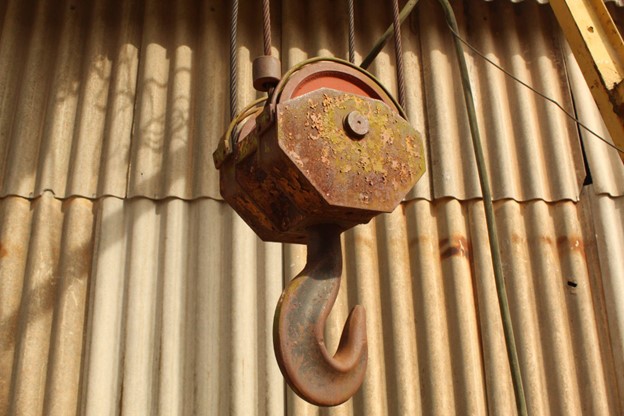In a world that demands increased efficiency and productivity, industrial equipment plays a critical role in the overall growth and success of numerous industries. One of the key elements that contribute to the durability and longevity of these machines is the choice of material used in their construction. Steel, with its incredible strength and resistance to wear, has proven to be the ideal material for building long-lasting industrial equipment.
In this blog post, we will explore five reasons why steel is the undisputed champion when it comes to constructing robust and enduring industrial machinery.
Unparalleled Strength
Any high-quality steel product is renowned for its exceptional strength, making it the preferred material for industrial equipment that must withstand heavy loads, high temperatures, and constant pressure.
The metal’s inherent tensile strength and fatigue resistance allow machines made from steel to handle demanding tasks without succumbing to deformation or failure.
High Resistance To Wear And Tear
Industrial equipment is subjected to intense wear and tear during its operational life. Steel’s inherent hardness and resistance to abrasion make it ideal for components that are exposed to continuous friction and stress.
This ensures that the equipment remains in optimal working condition for a longer period, reducing the need for frequent maintenance and replacement.
Excellent Corrosion Resistance
Corrosion is a common concern in industrial settings, with many machines exposed to harsh environments that accelerate the degradation of materials.
Stainless steel, with its high chromium content, provides excellent corrosion resistance, making it an ideal choice for equipment used in industries such as chemical processing, pharmaceuticals, and food processing.
The material’s ability to withstand aggressive chemicals, moisture, and high temperatures ensures that the equipment remains functional and reliable for extended periods.
Versatility And Adaptability
Steel is a highly versatile material that can be easily manipulated into various shapes, sizes, and configurations. This allows engineers and designers to create custom industrial equipment that is specifically tailored to the unique requirements of each application.
Furthermore, steel can be alloyed with other metals to enhance its properties or to introduce new capabilities, such as increased heat resistance, greater strength, or improved machinability.
Cost-Effectiveness
While the initial cost of steel may be higher than some alternative materials, its long-term benefits make it a more cost-effective choice for industrial equipment. The durability and longevity of steel components lead to lower maintenance costs and extended service life, resulting in a lower total cost of ownership.
Additionally, steel is a widely available and recyclable material, further contributing to its cost-effectiveness and reduced environmental impact.
In Conclusion
Steel has firmly established itself as the go-to material for constructing durable and long-lasting industrial equipment. Its unparalleled strength, high resistance to wear and tear, excellent corrosion resistance, versatility, and cost-effectiveness make it an invaluable resource for industries that rely on efficient and reliable machinery.
By choosing steel as the primary material for industrial equipment, manufacturers can ensure that their machines remain in peak condition for longer, providing a solid foundation for increased productivity and success in today’s competitive global market.



